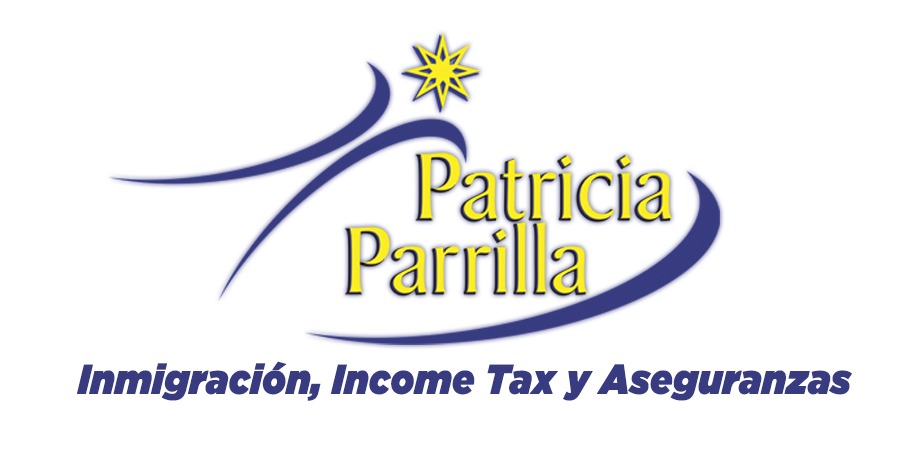
As you might have experienced first-hand, those with unused funds from a 2020 dependent care assistance program (DCAP) could have questions about newly allowed carryovers and whether those funds are taxable. Well, the Internal Revenue Service this week issued Notice 2021-26 to clear things up.
How did the pandemic affect dependent care assistance program funds?
The coronavirus pandemic has left a lot of taxpayers unable to use some of the money they set aside for DCAPs in 2020 and 2021 and this latest guidance seems aimed at fixing the problem.
Usually, carryovers of DCAP amounts aren’t permitted. In 2020, though, national legislation was passed allowing employers to tweak their DCAP plans so that carryover of unused program amounts are now allowed in 2021 and 2022. In addition, the law allowed employers to extend the period in which claims can be incurred to the plan years over that same 2021-2022 time frame.
Notice 2021-26 also says carryover amounts actually used for dependent expenses during the extended claims period would be excluded from income:
“Consequently, this notice clarifies that DCAP benefits that would have been excluded from income if used during the taxable year ending in 2020 or 2021, as applicable, remain eligible for exclusion from the participant’s gross income and are disregarded for purposes of application of the limits for the subsequent taxable years of the employee when they are carried over from a plan year ending in 2020 or 2021 or permitted to be used pursuant to an extended claims period.”
Does the IRS have additional guidance?
The American Rescue Plan Act raised the exclusion of employer-provided dependent care benefits to $10,500 from its original $5,000. Notice 2021-26 has a number of examples of how this new exclusion limit can work with the new guidance in real-world situations.
In February, Notice 2021-15 explained that if an employer embraced a carryover or extended claims period, annual limits for DCAP amounts apply to the money that is contributed, not to the amounts that are reimbursed or available in a plan or a calendar year.
This earlier guidance meant that DCAP participants can continue to contribute the maximum amounts to their plans through 2022.
For more on Coronavirus-related tax relief, visit IRS.gov.
Source: IR-2021-105

 Patricia Parrilla Tax Services
Patricia Parrilla Tax Services